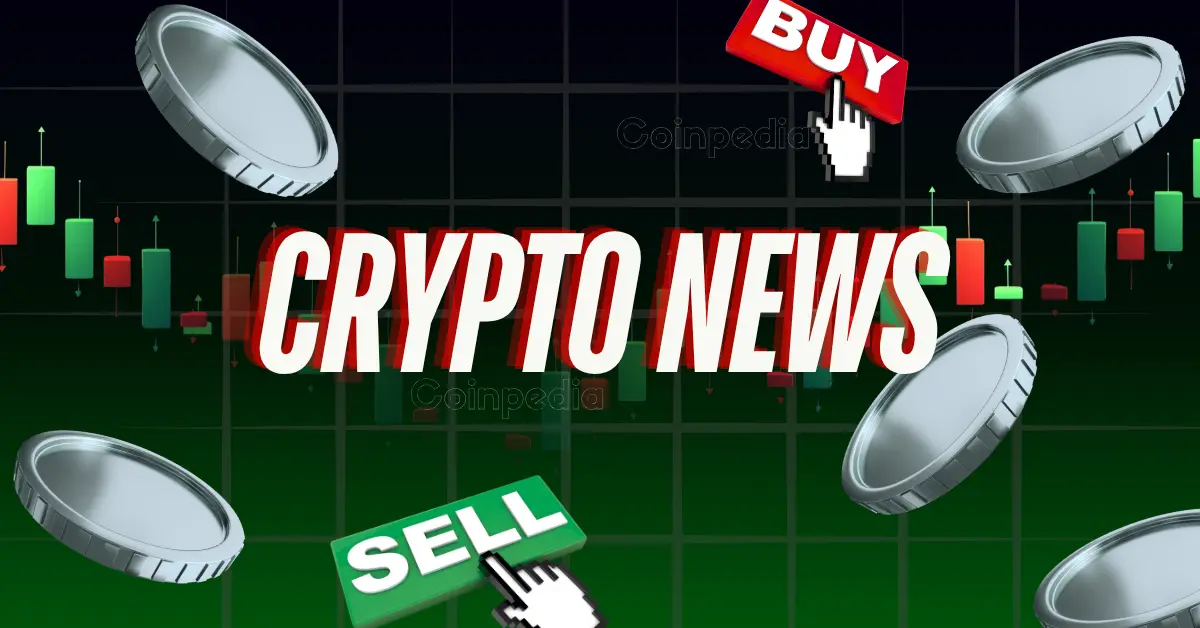The Ripple Effect: Navigating the SEC Lawsuit’s Twists and Turns
The saga of Ripple Labs versus the U.S. Securities and Exchange Commission (SEC) has become a cornerstone story in the cryptocurrency world, resonating far beyond the immediate players. Initially sparked by allegations that Ripple’s XRP token was an unregistered security offering, the case has evolved into a pivotal battleground, complete with dramatic rulings, unexpected turns, and potential ramifications for the entire crypto landscape. Though signs point towards a nearing resolution, the journey is far from over, marked by legal intricacies and lingering doubts.
A Split Decision: Ripple’s Partial Victory and the Lingering Appeal
The SEC’s lawsuit, filed in December 2020, accused Ripple of conducting an illegal securities offering through XRP sales. The legal wrangling reached a climax in July 2023 when Judge Analisa Torres delivered a *partial* victory to Ripple. She ruled that Ripple’s sales of XRP to institutional investors *did not* constitute securities violations. However, the celebration was muted as the judge simultaneously determined that Ripple *did* violate securities laws through direct sales to retail investors. The consequences included a $125 million penalty and a permanent injunction against future retail XRP sales.
This mixed verdict fueled further legal action. Ripple appealed the ruling concerning retail sales, while the SEC challenged the judgment regarding institutional sales. These appeals were critical in keeping the case alive and preventing a swift, definitive conclusion.
The Allure of Settlement: A $50 Million Olive Branch
Despite the ongoing appeals, both Ripple and the SEC began exploring the possibility of a settlement. In March 2025, a settlement proposal emerged, suggesting that Ripple would pay a reduced penalty of $50 million (considerably less than the original $125 million) and that the permanent injunction on institutional XRP sales would be dissolved. The two parties presented this proposition to Judge Torres, arguing that “exceptional circumstances” – including evolving regulatory attitudes and the desire to avoid further costly litigation – justified modifying the initial judgment.
Roadblocks to Resolution: Judge Torres’s Hesitation
However, Judge Torres has consistently exhibited reluctance to swiftly rubber-stamp the settlement. She initially denied a joint motion seeking an “indicative ruling” on the proposed terms, citing procedural irregularities. More recently, she rejected the joint request to dissolve the injunction and reduce the penalty, again citing procedural errors and a lack of sufficient legal justification. These decisions have stirred frustration and spurred speculation within the XRP community.
The crux of the issue revolves around the manner in which the settlement was proposed. Judge Torres appears to favor a more formal process, potentially requiring a new, comprehensive motion, rather than relying on joint requests that sidestep standard legal protocols.
Dueling Perspectives: Experts Weigh In on the Impasse
The ongoing legal dance has elicited a spectrum of opinions from legal experts. Attorney John Deaton, a prominent advocate within the XRP community, remains optimistic, estimating a 70% chance of Judge Torres ultimately approving the deal. He posits that the judge is seeking “more” detail and clarity, suggesting that a revised motion could achieve a successful outcome.
In contrast, former SEC officials like Marc Fagel have offered more cautious assessments. Fagel argues that Judge Torres effectively concluded the case with her initial ruling, and the appeals are merely prolonging the inevitable. He has even raised the possibility of Judge Torres permanently freezing Ripple’s XRP escrow accounts. Another former SEC official, John Reed Stark, has been highly critical of the Ripple decision, deeming it “mistaken” and productive of confusion.
The SEC Retreats: Dropping the Appeal and Shifting Sands
A pivotal moment arrived when the SEC officially dropped its appeal against Ripple Labs in March 2025. This action signaled a clear shift towards concluding the legal battle and accepting the proposed settlement. Ripple CEO Brad Garlinghouse celebrated the decision as a victory, hinting at a potential end to the four-year ordeal. However, the dropping of the appeal does not automatically translate to a finalized settlement; Judge Torres retains the ultimate power to either approve or reject the terms.
The State of Play: Uncertain Timelines and Potential Outcomes
As of late May 2025, the case remains in a state of uncertainty. Both Ripple and the SEC have expressed their willingness to engage further with the court, likely through a revised motion addressing Judge Torres’s procedural concerns. Legal experts, such as Fred Rispoli, anticipate a potential resolution by July if a new, detailed motion is submitted. However, the possibility of further delays stemming from legal complexities or external factors cannot be dismissed.
Beyond Ripple: Implications for the Crypto Ecosystem
The outcome of the Ripple vs. SEC lawsuit carries implications that extend far beyond the immediate dispute. A successful settlement, particularly one that lifts the injunction on institutional sales, could unlock considerable growth potential for XRP. It would remove a significant obstacle to adoption by financial institutions and potentially pave the way for increased institutional investment. Analysts have even projected a potential price target of $5 for XRP if legal clarity is achieved.
More broadly, this case serves as a crucial precedent for cryptocurrency regulation in the United States. A positive outcome for Ripple could establish a framework for other crypto companies, providing greater regulatory certainty and fostering innovation. Conversely, an unfavorable ruling could stifle the industry and discourage investment.
Conclusion: The Final Verdict Awaits
The Ripple vs. SEC lawsuit is approaching its final stages; however, the path to resolution remains fraught with uncertainty. While the SEC’s decision to drop its appeal and the proposed settlement suggest a movement towards closure, Judge Torres’s repeated rejections of procedural shortcuts highlight her commitment to due process. The XRP community, along with the broader cryptocurrency market, now awaits Judge Torres’s concluding decision, which will undoubtedly shape the future of XRP and potentially influence the regulatory landscape for digital assets in the United States. This case vividly illustrates the delicate balance between innovation, investor protection, and regulatory oversight in a rapidly evolving digital financial world.

